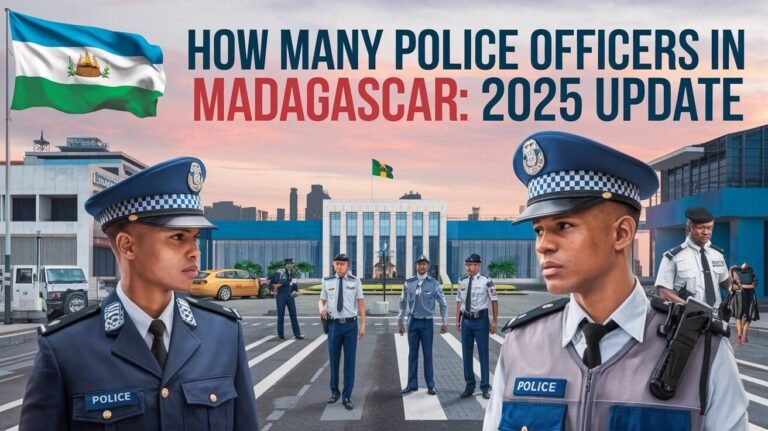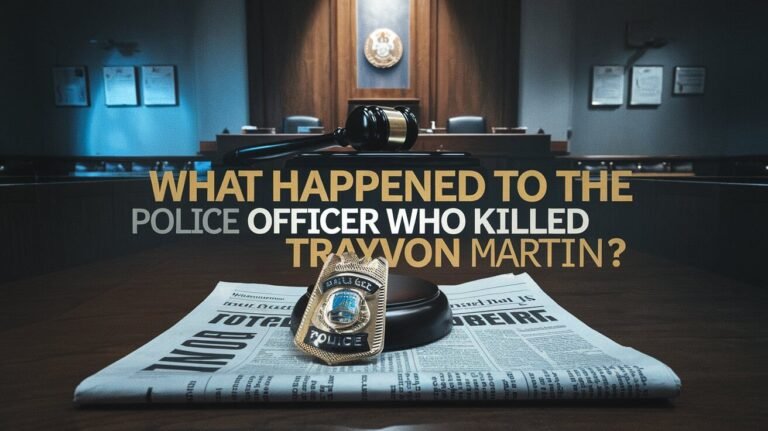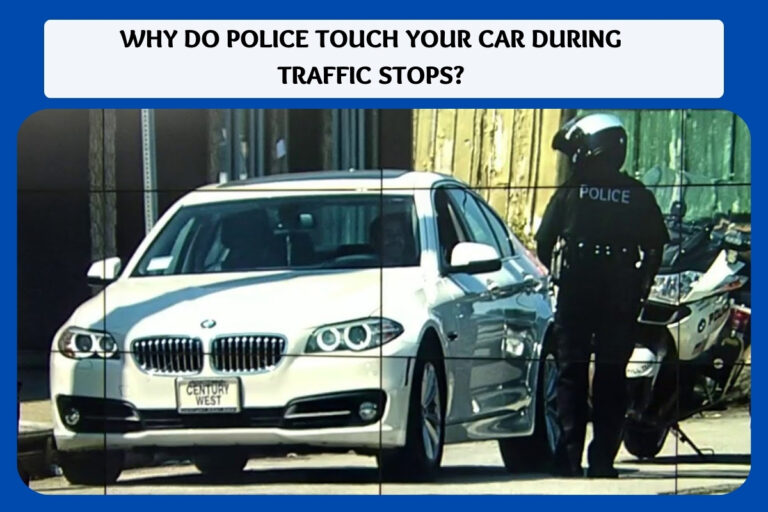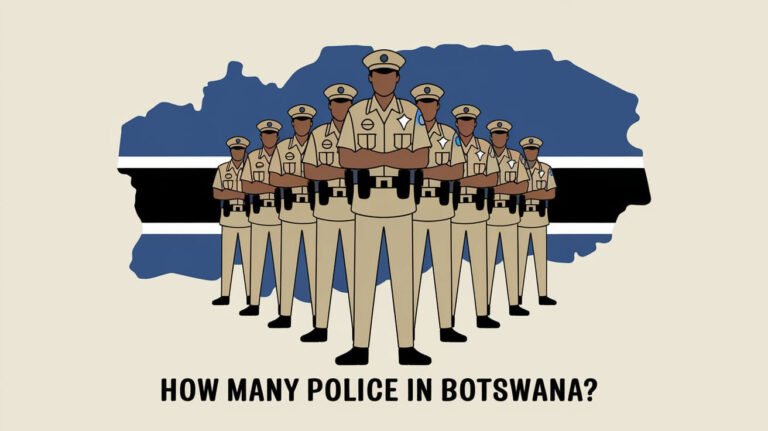Can Police Commandeer Your Car? Know Your Rights & the Law
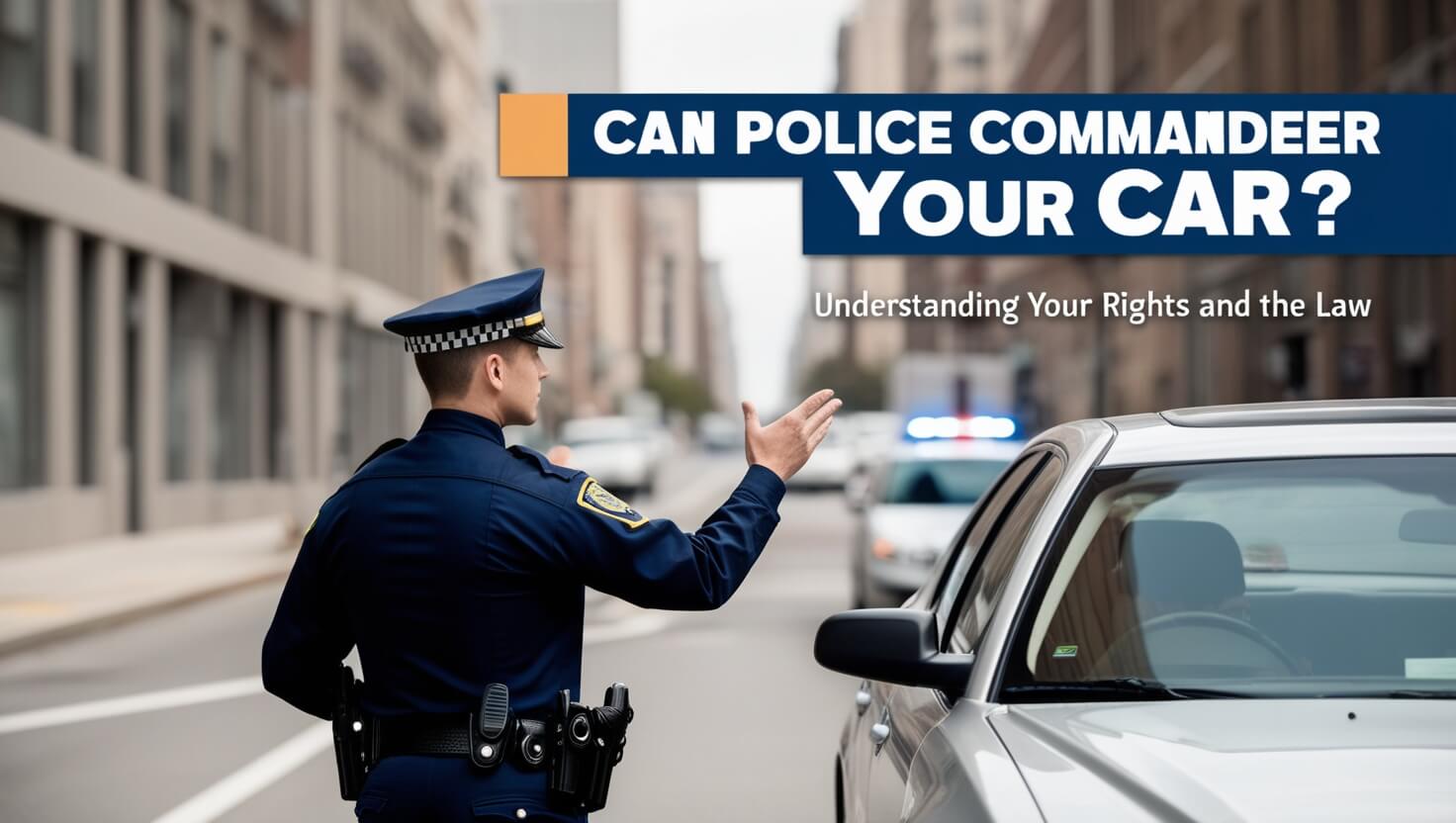
Police taking over your car in emergencies isn’t as simple as movies make it seem. Different states have different rules about when cops can use your vehicle. We’ll break down the facts about police commandeering, what rights you have, and how to handle it if it happens to you. The law isn’t clear-cut, so knowing the basics can help if you ever face this rare event.
The Concept of Police Commandeering Vehicles
Definition and Historical Context
Police commandeering a vehicle means temporarily taking control of a civilian’s car for official use. This practice has roots in old English common law, known as “posse comitatus.” Back then, law enforcement often lacked resources and relied on citizens to help catch criminals.
Today, the idea of a cop jumping into your car might seem far-fetched. But in rare cases, it can still happen. Let’s dive into the reality behind this practice.
Hollywood vs. Reality: Debunking Movie Myths
We’ve all seen action movies where a cop yells, “I’m commandeering this vehicle!” and speeds off in a civilian’s car. But real life isn’t so dramatic. In fact, modern police departments rarely need to take over civilian cars. They have radios, backup, and well-equipped vehicles of their own.
So why does this myth persist? Simple: it makes for exciting movie scenes. But in reality, cops commandeering cars is about as common as finding a parking spot in New York City during rush hour – possible, but highly unlikely.
Legal Framework: When Can Police Take Your Car?
Federal Laws and Regulations
There’s no federal law specifically allowing police to commandeer vehicles. Instead, it falls under broader emergency powers. The Fourth Amendment protects against unreasonable searches and seizures, but courts have ruled that extreme circumstances can make commandeering reasonable.
State-Specific Laws on Vehicle Commandeering
Laws about police commandeering cars vary widely from state to state. Some states have clear rules, while others are vague. It’s a patchwork of regulations across the country.
For example, in Alabama, you’re required to help police if asked. But in Washington state, you only need to call for help if an officer requests it. It’s like comparing apples to oranges – each state has its own flavor of law.
The California Example: Recent Changes in Legislation
California recently made waves by changing its laws. Until 2019, California had a law from 1872 that required citizens to help police when asked, including giving up their cars. But times change, and so do laws.
In 2019, Governor Gavin Newsom signed a new law repealing this old rule. Now, Californians can refuse a police officer’s request to help with an arrest. It’s a big shift that shows how these laws are evolving.
Circumstances Where Police Might Commandeer a Vehicle
Emergency Situations and Immediate Danger
Police might take your car if there’s a clear, immediate danger. Think life-or-death scenarios. Maybe they need to rush someone to the hospital, or there’s an active shooter nearby. These aren’t everyday occurrences, but they can happen.
High-Speed Pursuits and Chase Scenarios
Despite what action movies show, high-speed chases rarely lead to commandeering. Police have specially equipped cars for pursuits. Taking a civilian’s car would be more dangerous and less effective.
Natural Disasters and Public Safety Concerns
During natural disasters, rules can change. If there’s a massive flood or wildfire, police might need to use civilian vehicles to evacuate people. It’s not about chasing bad guys – it’s about saving lives.
Your Rights as a Citizen
Can You Refuse a Police Officer’s Request?
In most states, yes, you can refuse. But it’s not always clear-cut. If an officer asks for your car, you’re generally within your rights to say no. However, in extreme emergencies, refusing could potentially lead to legal issues.
Legal Consequences of Non-Compliance
The consequences of saying “no” vary. In states with old laws still on the books, you could face fines. But these laws are rarely enforced. It’s like having a law against dancing on Sundays – it exists, but nobody really follows it.
Protecting Yourself: What to Do if Asked
If an officer asks for your car:
- Stay calm and polite
- Ask for identification
- Clarify the reason they need your car
- If possible, offer to drive them instead
- If you’re uncomfortable, express your concerns clearly
Remember, communication is key. Most officers will understand if you explain your situation.
Liability and Insurance Concerns
Who’s Responsible for Damages?
If police commandeer your car and it gets damaged, who pays? Generally, the police department should be responsible. But like many legal issues, it’s not always straightforward.
Does Your Auto Insurance Cover Police Use?
Most personal auto insurance policies don’t cover police use of your vehicle. It’s like lending your car to a friend – your insurance might not apply if they’re driving.
Filing Claims for Commandeered Vehicle Damages
If your car is damaged while commandeered:
- Document everything
- Contact the police department immediately
- File a claim with your insurance company
- Consider seeking legal advice if the department doesn’t cooperate
It’s a process that requires patience and persistence. Think of it like dealing with a fender bender, but with more paperwork.
Real-Life Incidents of Police Commandeering Vehicles
Notable Cases and Outcomes
Real cases of police commandeering cars are rare, but they do happen. In 2014, a California officer commandeered a truck to chase a suspect. The truck owner later sued for damages. These cases often end up in court, highlighting the complexity of the issue.
Public Perception and Media Coverage
When these incidents occur, they often make headlines. Public opinion is usually mixed. Some view it as necessary for public safety, while others see it as an overreach of police power. It’s a topic that sparks debate, much like discussions about speed cameras or traffic laws.
Alternatives to Commandeering Civilian Vehicles
Modern Police Equipment and Resources
Today’s police forces have high-tech gear and vehicles. They use GPS tracking, helicopter support, and sophisticated communication systems. This reduces the need to use civilian cars.
Inter-Agency Cooperation in Emergencies
Police departments often work together in emergencies. If one department needs help, others can provide vehicles and support. It’s like a neighborhood watch, but on a much larger scale.
The Ethics and Controversy of Police Commandeering
Balancing Public Safety and Individual Rights
The debate over police commandeering cars touches on bigger issues. How do we balance public safety with individual rights? It’s a tricky question without easy answers.
Critiques and Reforms of Current Practices
Critics argue that commandeering cars is outdated and unnecessary. Some call for clearer laws and better training for officers. It’s part of a larger conversation about police practices and civil liberties.
What to Expect if Your Car is Commandeered
Step-by-Step Process
If your car is commandeered:
- The officer should clearly identify themselves
- They should explain the emergency situation
- You might be asked to exit the vehicle
- The officer may drive away or ask you to drive
- You should receive instructions on how to reclaim your car
It’s a rare event, but knowing the process can help if it ever happens to you.
Documentation and Reporting
Keep records of everything:
- Officer’s name and badge number
- Time and location of the incident
- Reason given for commandeering
- Condition of your car before and after
Think of it like keeping receipts for your taxes – it might seem tedious, but it could be crucial later.
FAQs About Police Commandeering Vehicles
Can police take my car without my permission?
In true emergencies, yes, but it’s extremely rare.
What if I need my car for work or family reasons?
Explain your situation to the officer. They should consider alternatives.
Can I ask for compensation for gas or mileage?
You can ask, but there’s no guarantee. Keep receipts for any expenses.
What if I’m not the owner of the car?
The same rules apply, but you might need to inform the owner immediately.
Can police commandeer any type of vehicle?
Technically yes, but they’re more likely to choose suitable vehicles for their needs.
Myths vs. Facts
Myth: Police regularly commandeer cars for chases.
Fact: This rarely happens outside of movies.
Myth: You’ll go to jail for refusing to give up your car.
Fact: In most cases, refusing isn’t a criminal offense.
Myth: Police can keep your car as long as they want.
Fact: They should return it as soon as the emergency is over.
Conclusion
Can police commandeer your car? The answer isn’t a simple yes or no. It depends on where you live, the specific situation, and the laws in place. While it’s possible, it’s also incredibly rare in modern times.
Understanding your rights and the realities of police practices helps you navigate this unlikely but complex situation. Remember, most police officers prefer to use their own equipment and will only request civilian help in extreme emergencies.
Stay informed, know your rights, and remember that clear communication is key in any interaction with law enforcement. While the chances of your car being commandeered are slim, being prepared and knowledgeable is always a good idea.

